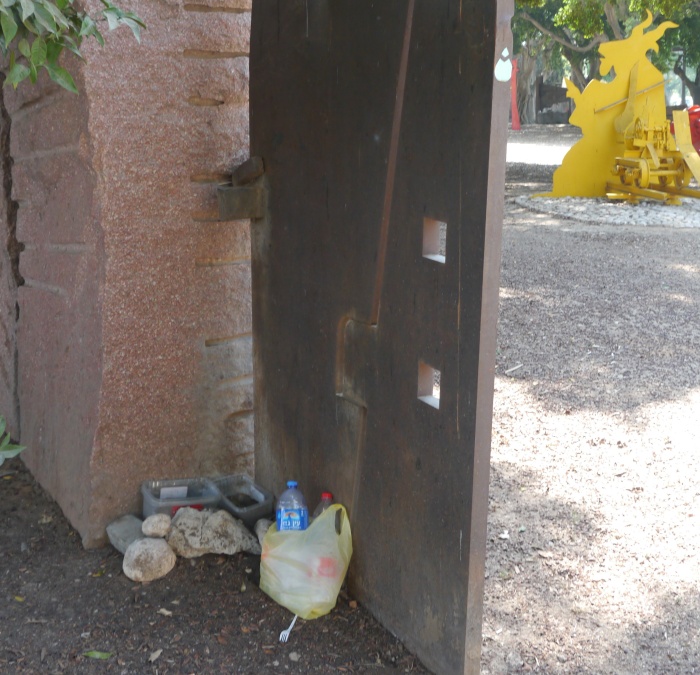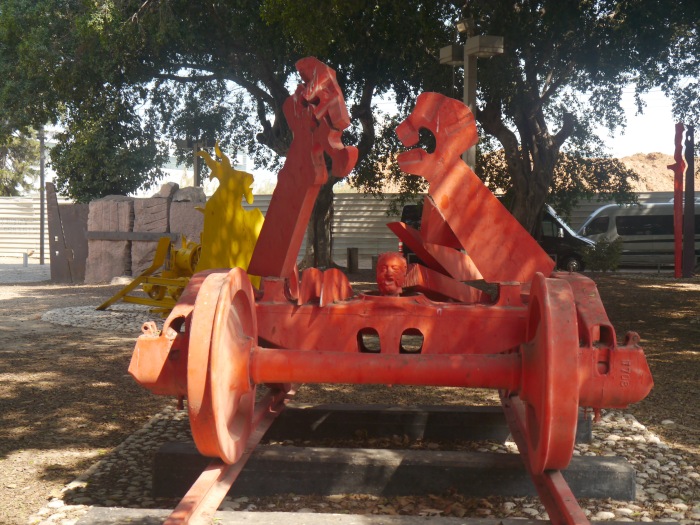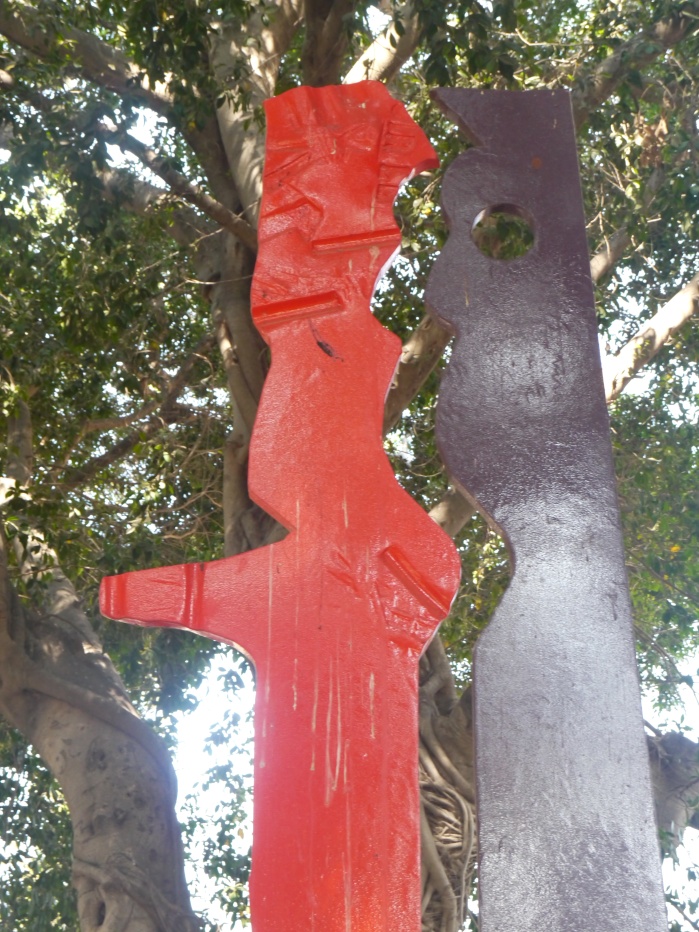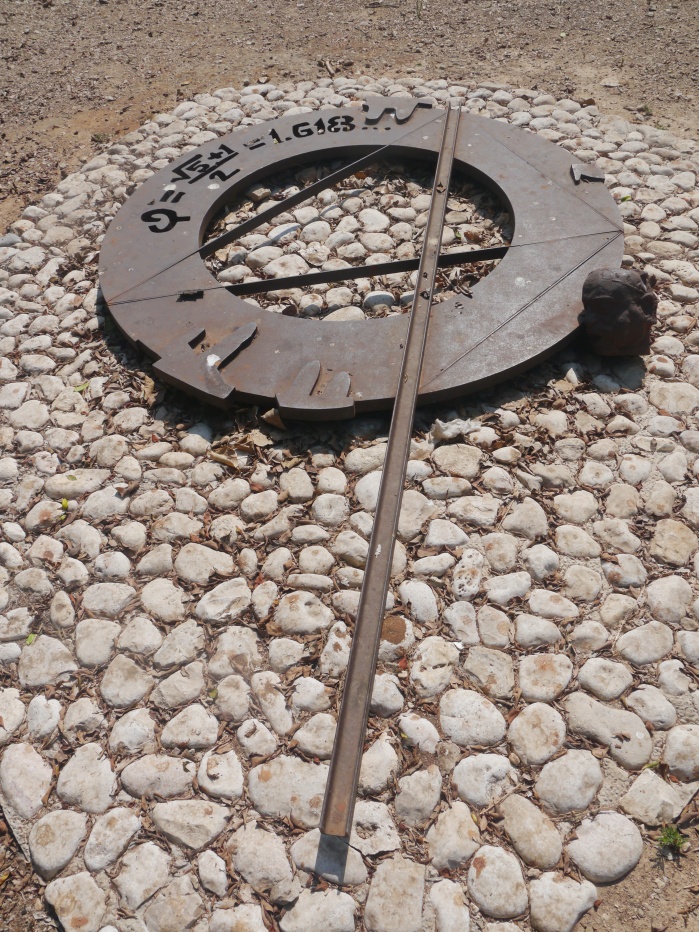La crainte, la frayeur, l’effroi, la peur, l’épouvante, la frousse, la trouille, la pétoche, la terreur, et j’en passe, mais pas la folie, voilà les sensations qui naissent dans nos cerveaux face à la menace du virus. L’évolution des espèces et la sélection naturelle, pendant des millions d’années, nous ont muni de ces perceptions pour prendre des mesures, peut-être inefficaces ou irrationnelles, assurant la préservation de notre corps qui pour Bernard-Henri Lévy est aussi notre enfer parce que la tentative de sauvegarde est aux dépens de ce qui donne un sens à la vie. La thèse de son essai « Ce virus qui rend fou » carillonne que le confinement et la focalisation médiatique causent des dommages dépassant les méfaits de la pandémie. Ce faisant, il passe sous silence les résultats des recherches établissant la persistance de la capacité d’infection du virus en suspension dans l’air et même après déposition sur substrat inerte. Il discrédite les acquis scientifiques en se rapportant aux rivalités mesquines qui hélas parfois les biaisent. Il oublie que la contagion du coronavirus est asymptomatique et donc insidieuse. Son argumentation historique des épidémies ignore que nous sommes maintenant près de 8 milliards sur la planète, que des millions passent en quelques heures d’un coin du monde à l’autre presque sans restriction. Dans les transports en commun nous nous entassons comme des sardines. Alors le confinement, le port du masque, la surveillance électronique en dépit de ce qu’ils comportent de révoltant sont les seuls moyens de limiter les risques. Bernard-Henri Lévy a à cœur le sort des réfugiés syriens à Lesbos, la misère au Bangladesh, la guerre au Yémen, les exactions de Putine et Erdogan et même le réchauffement climatique. Il s’indigne que les média aient mis au rancart les malfaisances qui sévissent par le monde. Hélas, ces malfaisances ont précédé la pandémie sous le regard passif des nations qui se disent championnes des droits de l’homme. Il ne faut pas être prophète pour prédire que la découverte d’un vaccin jettera l’ombre de l’oubli sur la pandémie. Comme les média ont besoin de sujets pour proliférer, l’étalage des misères qui affligent le monde refera surface.
Malgré ses lacunes l’essai révèle un point de vue provocateur qui a le mérite de mettre en question la relevance du « contrat social » qui régit les droits et devoirs des humains ayant la chance de vivre en démocratie. Les pensées et leurs rebours que l’essai évoquent devraient nous préoccuper dans une vie après ce virus. Entre le confinement et la bougeotte qui agite le genre humain apprendrons-nous quelque chose de cette paraphrase qui s’inspire je crois du poète latin Horace « de la mesure avant toute chose » ?









